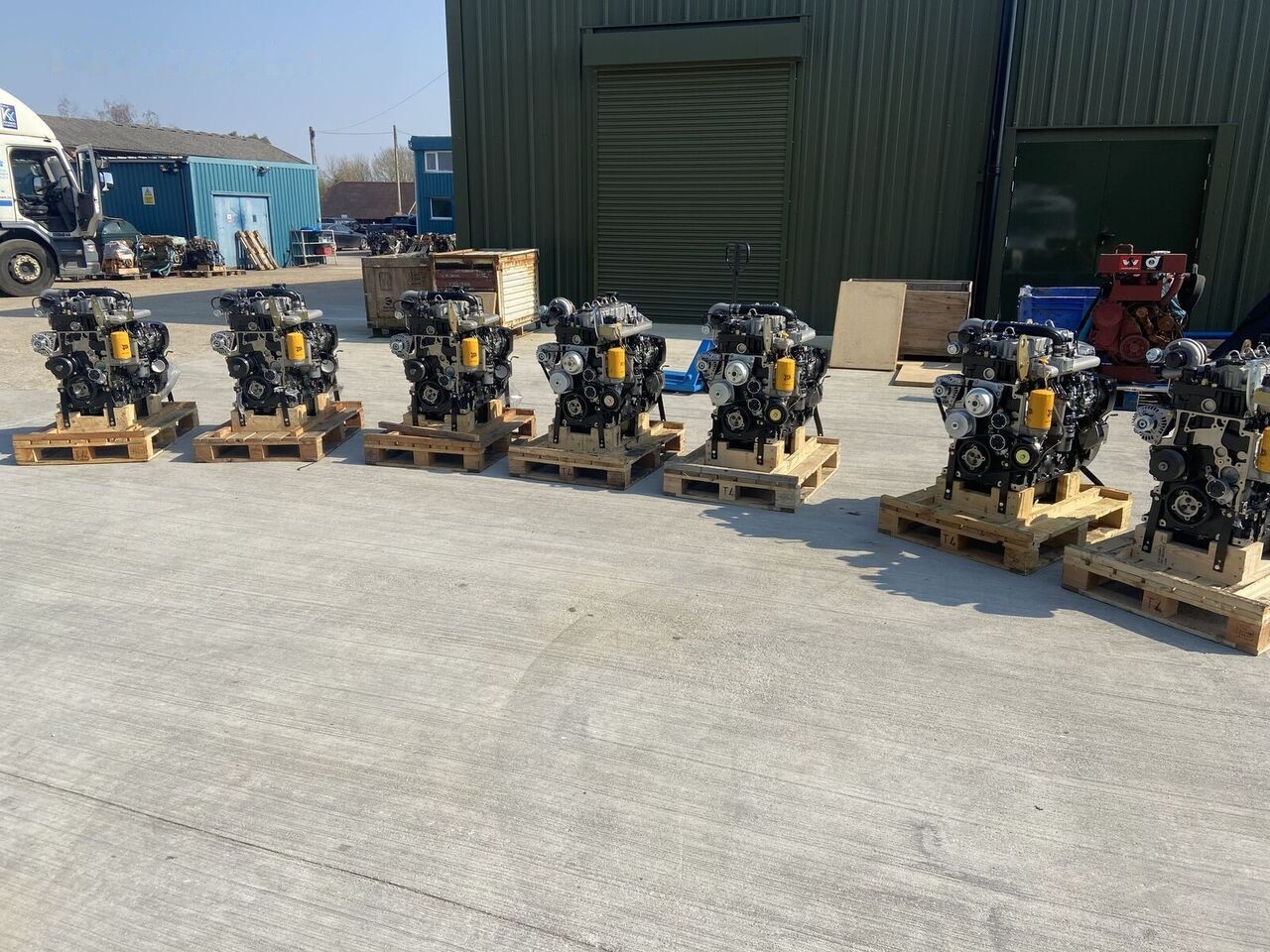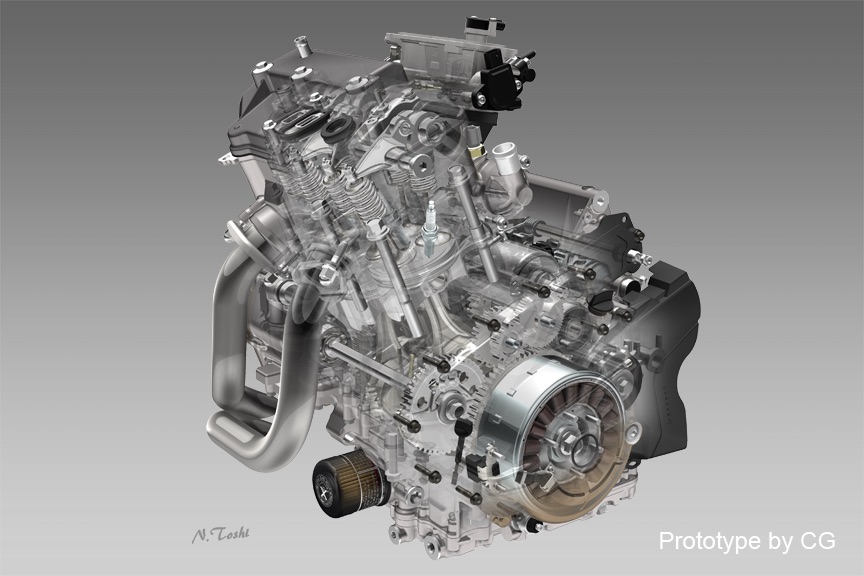Exploring the Demand for Durable Engines for Africa's Harsh Environments
Understanding the Long-Term Advantages of Purchasing Engines for Africa for Future Growth
The prospect of buying engines for Africa-- covering education, infrastructure, and modern technology-- provides an engaging chance for long-lasting growth and security. By purposefully improving these areas, countries can considerably improve productivity and market accessibility, while all at once constructing a skilled workforce efficient in driving advancement. Such financial investments not just lead the way for sustainable financial diversity yet additionally fortify durability versus worldwide challenges. However, the effects of these financial investments prolong beyond immediate advantages, elevating important concerns concerning the future trajectory of African economies and their function in the global landscape. What paths might emerge from this foundational change?
Economic Security and Strength

Additionally, durability allows African nations to adjust to transforming global characteristics, including environment modification and technological developments. By prioritizing financial diversity, nations can reduce reliance on a slim variety of fields, therefore minimizing risks related to financial recessions. Financial investment in education, framework, and modern technology further reinforces this strength, encouraging neighborhoods to flourish regardless of obstacles.
Applying sound financial plans and reinforcing economic establishments are additionally important methods for boosting financial security. These steps can promote access to credit history, boost financial savings rates, and promote effective resource allocation. Inevitably, a robust financial structure lays the foundation for sustainable development, making sure that Africa can capitalize on its immense potential while planning for future unpredictabilities.
Job Creation Opportunities
A lively task market is important for driving lasting development and decreasing poverty in Africa. Buying engines for Africa, especially in markets such as technology, production, and agriculture, can substantially boost work production opportunities throughout the continent. As brand-new industries arise, they necessitate a workforce furnished with varied abilities, causing raised employment potential customers for local populaces.
These investments not only develop straight task possibilities yet also boost supplementary fields. A blossoming production sector can lead to heightened demand for logistics, maintenance, and supply chain monitoring roles. This multiplier result amplifies the general work landscape, cultivating a durable community where various sectors thrive collectively.
Additionally, boosted work opportunities can boost entrepreneurship, as people with secure earnings frequently look for to spend in their own companies. This business spirit can supply extra employment avenues, adding to a vibrant economic climate.
Inevitably, by concentrating on task production via calculated financial investments, Africa can harness its capacity, guaranteeing that financial development translates into tangible advantages for its citizens - engines for Africa. In doing so, the continent can build a sustainable future that focuses on both economic development and social upliftment

Enhancing Education Equipment
Frequently boosting education systems is vital for furnishing Africa's young people with the abilities necessary to thrive in a swiftly progressing task market. A robust academic structure should focus on both academic quality and functional skill growth. By aligning curricula with the needs of markets, universities can much better prepare pupils for future job opportunity.
Financial investment in instructor training programs is important to improve instructional top quality. Well-trained instructors influence trainees and foster crucial thinking, imagination, and analytical capacities. Including professional and technical training into the education and learning system can offer pupils with concrete abilities that meet market demands, thus lowering youth joblessness rates.

Additionally, boosting accessibility to education, specifically in country and underserved areas, is important. Methods such as mobile understanding systems and community-based education initiatives can link the space, ensuring that all youth have the chance to be successful (engines for Africa). Inevitably, a versatile education and learning system will certainly be a keystone for Africa's lasting development and development
Developments in Innovation
Taking advantage of the power of innovation is changing different fields throughout Africa, leading the way for technology and development. The combination of innovative modern technologies such as expert system, huge data, and the Net of Things (IoT) is revolutionizing sectors, boosting performance, and driving economic growth. These innovations are allowing organizations to enhance procedures, boost decision-making processes, and promote a more open market setting.
In agriculture, as an example, accuracy farming methods powered by data analytics are maximizing plant yields and source administration. Likewise, the financial industry is seeing a rise in mobile financial and fintech services, which are raising monetary incorporation and supplying important solutions to underserved populaces. The health care industry is profiting from telemedicine and digital health and wellness documents, enhancing accessibility to top quality care across remote locations.
As technology remains to progress, its effect on education and learning is also considerable, with e-learning systems increasing instructional chances. By investing in these technical advancements, African nations can unlock brand-new economic opportunities, develop jobs, and raise living requirements. Welcoming development is crucial for sustainable growth, making sure that Africa link continues to be competitive on the global stage.
Facilities Growth Influence
The rapid developments in technology are carefully intertwined with the urgent requirement for facilities growth throughout Africa. As countries strive to enhance their economic landscapes, buying robust infrastructure systems ends up being vital. Efficient facilities-- consisting of transport networks, power grids, and communication systems-- helps with enhanced access to markets and resources, ultimately bolstering productivity and financial growth.
The impact of facilities advancement extends beyond prompt financial advantages. It plays an essential function in improving the quality of life for citizens by providing essential anchor solutions such as tidy water, power, and health care. Enhanced framework cultivates a setting for development, attracting both foreign and regional financial investments. This, subsequently, produces jobs and decreases hardship degrees, thus transforming communities.
Additionally, critical financial investments in infrastructure can reduce the risks connected with environment modification, as resistant systems are important for adjusting to ecological difficulties. By focusing on sustainable framework development, African nations can make sure long-term development and security. Ultimately, the interaction in between technological innovations and facilities growth is crucial for understanding the continent's complete potential and achieving lasting growth goals.
Conclusion
To my response conclude, buying engines for Africa-- including facilities, education and learning, and modern technology-- provides considerable lasting advantages crucial for sustainable development. Such calculated investments foster financial stability and resilience, develop job chances, and boost education and learning systems, inevitably leading to innovations in technology and infrastructure development. The cumulative effect of these initiatives not just reinforces market access and source circulation yet likewise settings African nations to adapt and thrive in a significantly vibrant global landscape.
Economic security and strength are important elements for sustainable development in Africa, particularly as the continent seeks to harness its substantial sources and capacity. By prioritizing financial diversification, countries can lower reliance on a narrow array of markets, therefore mitigating threats connected with economic declines. Eventually, a robust economic structure lays the structure for sustainable growth, guaranteeing that Africa can take advantage of on its tremendous potential while preparing for future unpredictabilities.
Effective infrastructure-- consisting of transportation networks, power grids, and communication systems-- facilitates improved accessibility to markets and sources, inevitably boosting productivity and financial development.
Such critical investments foster economic stability and strength, create task opportunities, and improve education systems, ultimately leading to innovations in modern technology and infrastructure growth.